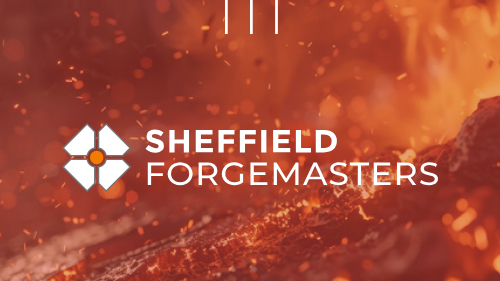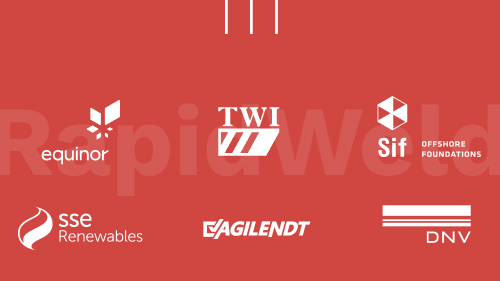WELCOME
Discover the factory of the future
Ebflow™ is an award-winning, reduced pressure, electron beam (RPEB) welding technology that is revolutionising engineering projects worldwide, across a variety of industries and applications.
Developed by Cambridge Vacuum Engineering (CVE), Ebflow is significantly faster, cheaper, safer and more energy efficient than conventional welding techniques – helping the companies that use it save time and money, while also reducing their carbon footprint.
Watch our video – Introducing Ebflow – a revolution in thick section electron beam welding
Overview
What is Ebflow?
Transforming the economics of fabricating large structures, Ebflow is a unique form of local vacuum electron beam (LVEB) welding that is increasingly finding use across heavy engineering – but is also proving popular in renewable energy infrastructure projects, where it is supporting the drive to net zero.
Instead of welding inside a costly and size-limiting vacuum chamber, like other electron beam technologies, Ebflow uses an innovative local vacuum system that creates and maintains a vacuum around only the seam that is being welded. Readily transportable, Ebflow can be easily installed and operated at customer sites and is suitable for use on structures of an unlimited size. This reduces the need to transport fully fabricated components long distances prior to installation – helping to keep costs down.
From monopiles for offshore wind farms to small modular nuclear reactors, Ebflow is the future of welding.
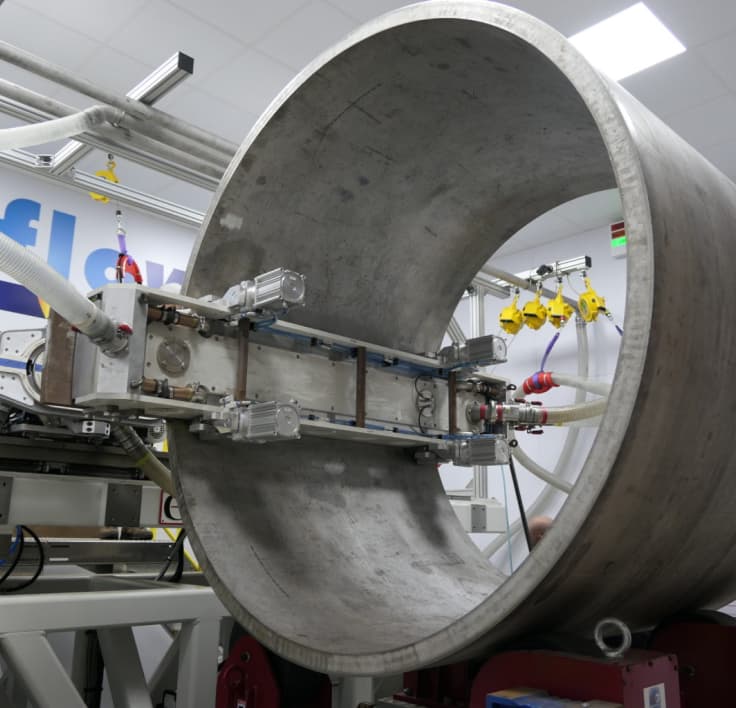
Features
Game-changing in its approach, Ebflow brings all the advantages of electron beam welding to steel structures of an unlimited size – delivering a fast, flexible welding solution.
- Readily transportable
- Patented electron beam generator
- Precision robotics
- Can join many dissimilar and difficult materials
- Penetrates full thicknesses in a single pass
- Narrow weld beam and heat affected zone
- Low metallurgical impact / levels of component distortion
- Weld depths of up to 300mm possible
- Fast longitudinal and circumferential welds
- Accurate and repeatable
- Live video feed of weld in progress
- Suitable for digital quality assurance and long-term record management
- Compliant with relevant regulatory codes.
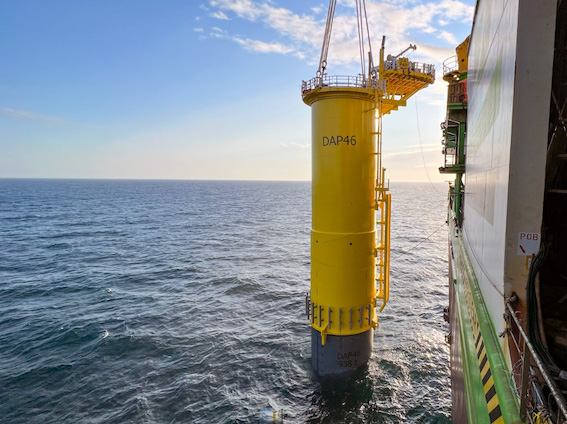
The benefits of Ebflow
Between 20-30 times faster than conventional submerged arc welding (SAW) techniques, Ebflow offers transformational gains in productivity.
Achieving unprecedented joining rates of up to 200mm per minute in 150mm thick steel, this innovative technology has set a new standard for the fastest ever, thick-section joint completion rates.
Crucially, it has been demonstrated that Ebflow can use up to 90% less energy, cost up to 88% less, and produce 97% less CO2 emissions than SAW methods.
The result is a welding solution that can lower the carbon footprint and overall investment needed to deliver engineering projects – without compromising quality.
Discover how Ebflow helped fast track the construction of an offshore wind turbine monopile foundation at Dogger Bank as part of the RapidWeld project; and the gains made by Sheffield Forgemasters in the production of a nuclear pressure vessel.
Reduced carbon footprint
- Reduced transportation and installation costs
- No need for welding consumables
- No need for chamber and associated pumping equipment
- No loading-unloading operations
- No pre-heating.
Improved project economics
Greater manufacturing productivity
- A higher speed of manufacture
- On-site welding capabilities
- Flexibility to weld objects of any size
- No requirement for weld joint bevel
- No pre-heating required
- Safer and cleaner processes
- No loading, evacuation and unloading operations
- Weld in a single-pass
- Possibility for immediate post-weld inspection.
- Lower energy consumption vs standard SAW
- Lower working capital requirements
- Supports automation and more efficient ways of working
- Reduced transportation costs
- No filler materials – lower consumable costs
- Smaller factory footprint possible.
Higher quality welds
- Continuously repeatable and accurate high-quality welds
- Localised residual stresses
- Weld is metallurgically indistinguishable from parent material
- Low-heat welds with minimal distortion.
APPLICATIONS
Where is Ebflow used?

Civil Engineering
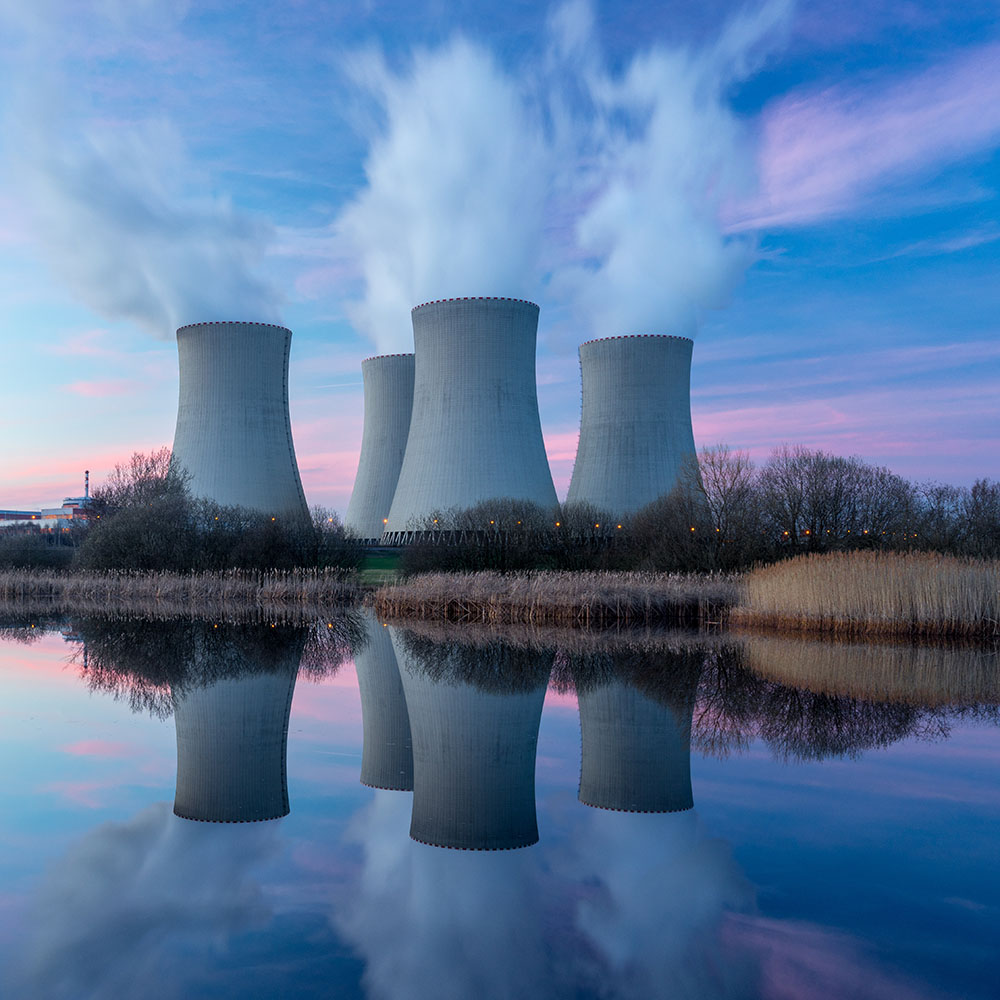
Nuclear
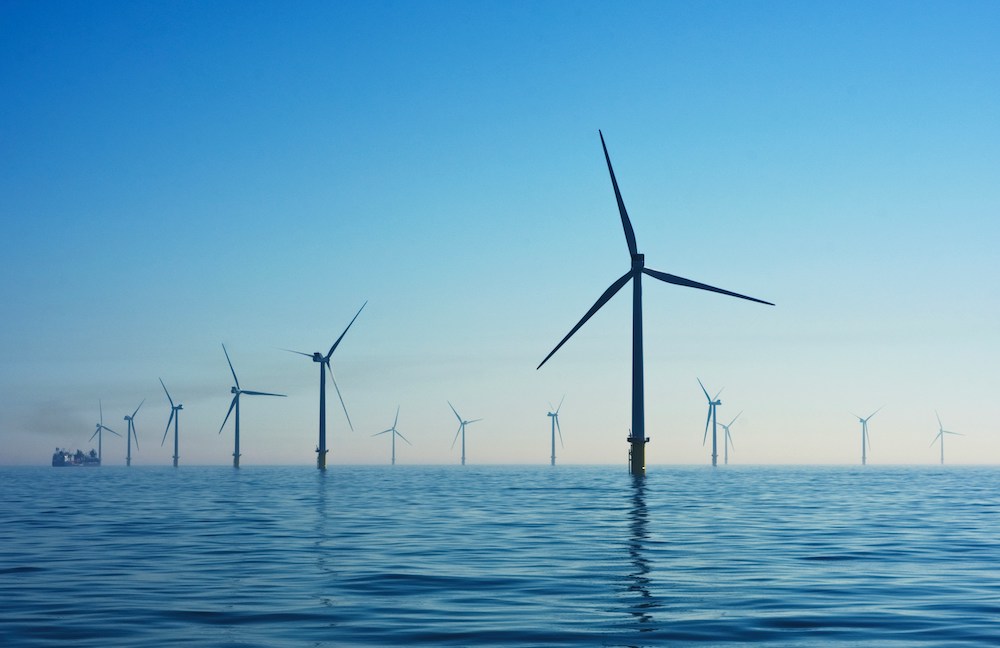
Offshore
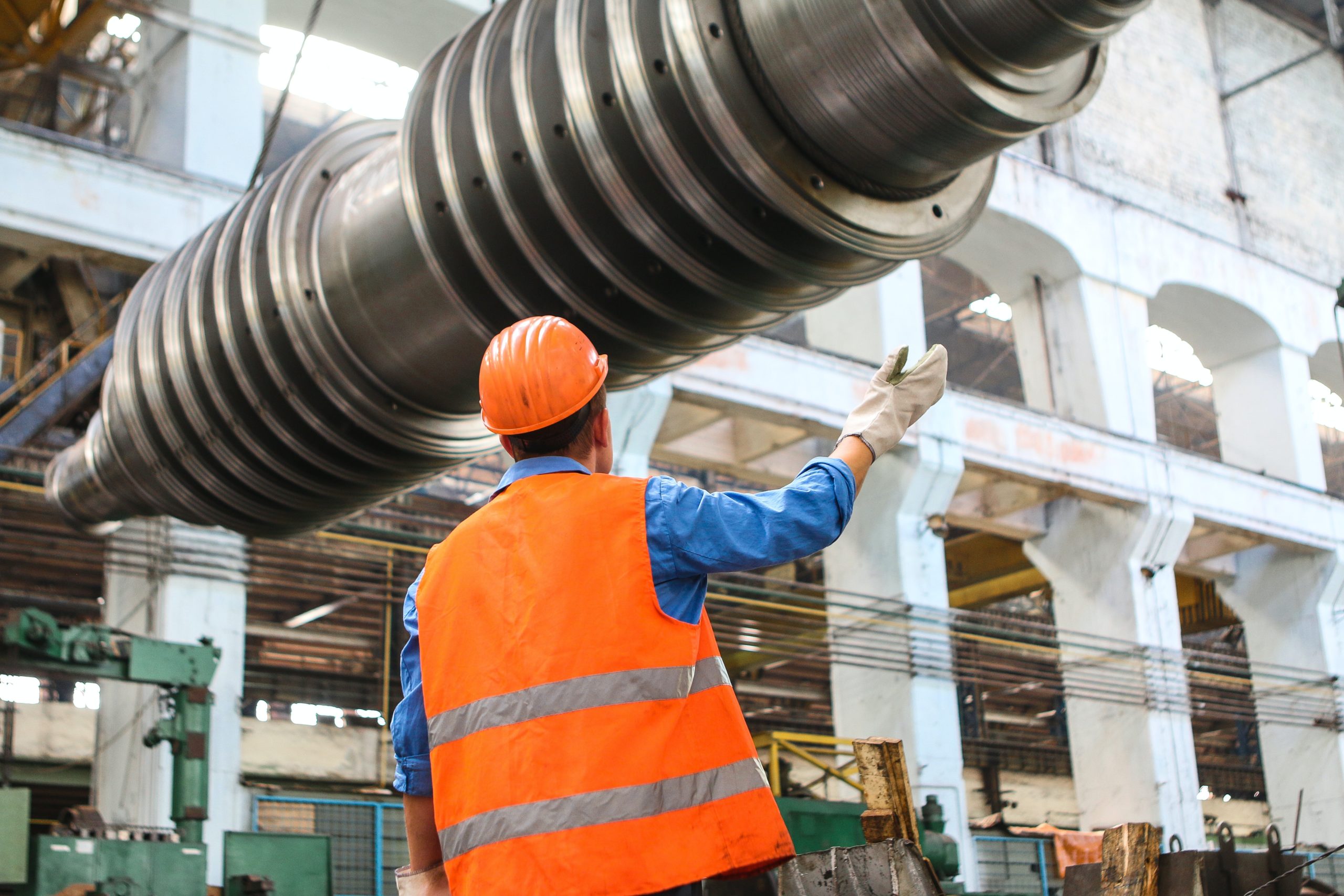
Oil & Gas
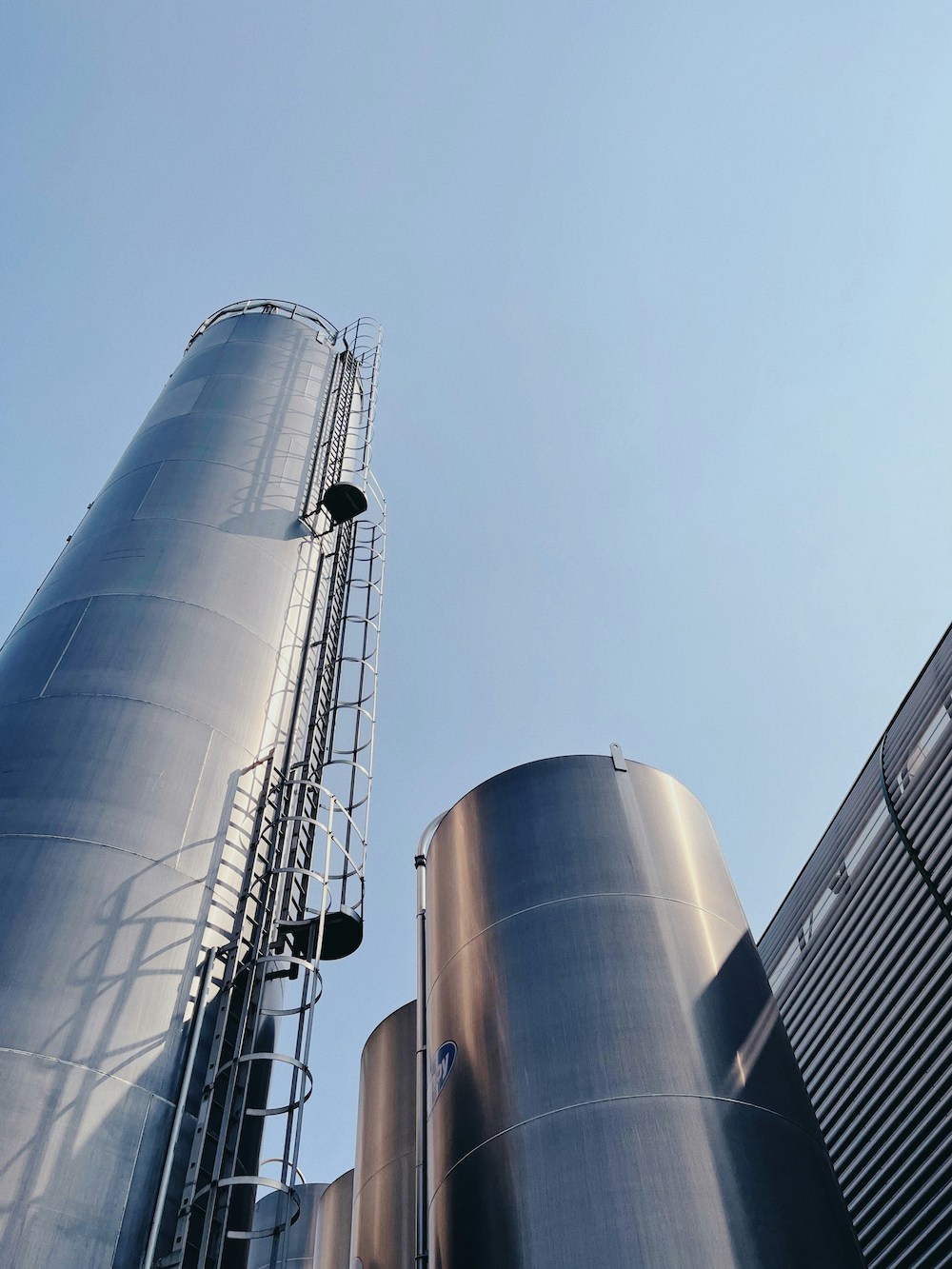
Pressure vessels

Shipbuilding
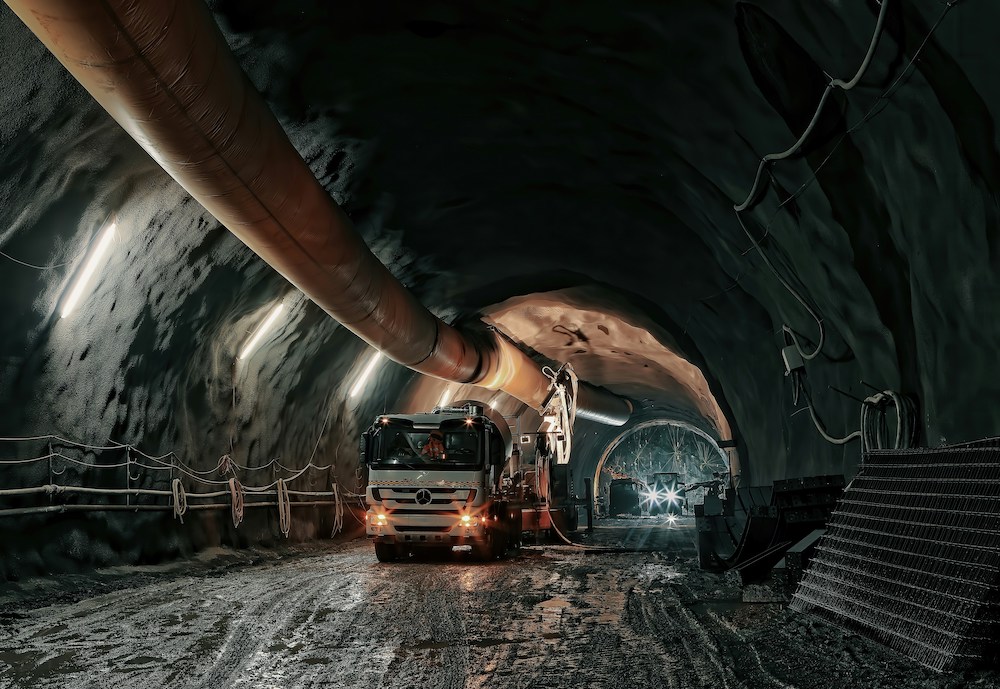
Tunnelling
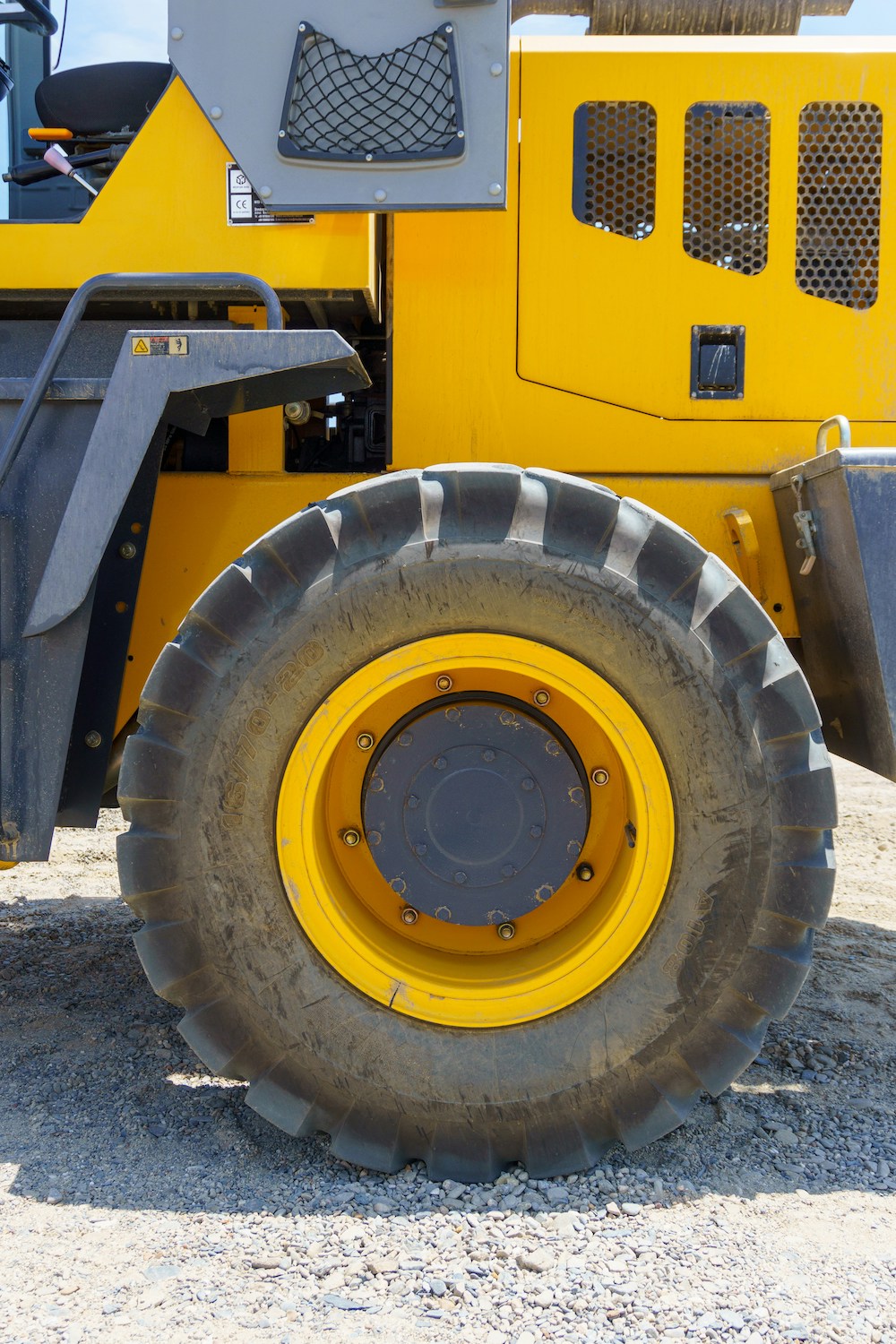
Wider applications
Photos above from Unsplash. Credits to: Joakim Honkasalo; Ricardo Gomez Angel; Grant Ritchie; Guillermo Diaz; Nicholas Doherty; and Chris Robert.
THE RACE TO NET ZERO
As more governments sign up to achieve net zero emissions by 2050, industries must embrace technologies – like Ebflow – that can help speed up the deployment of engineering and infrastructure projects – including those involved in the generation of low carbon energy.
Bob Nicolson
Managing Director
Cambridge Vacuum Engineering
EXPLORE

